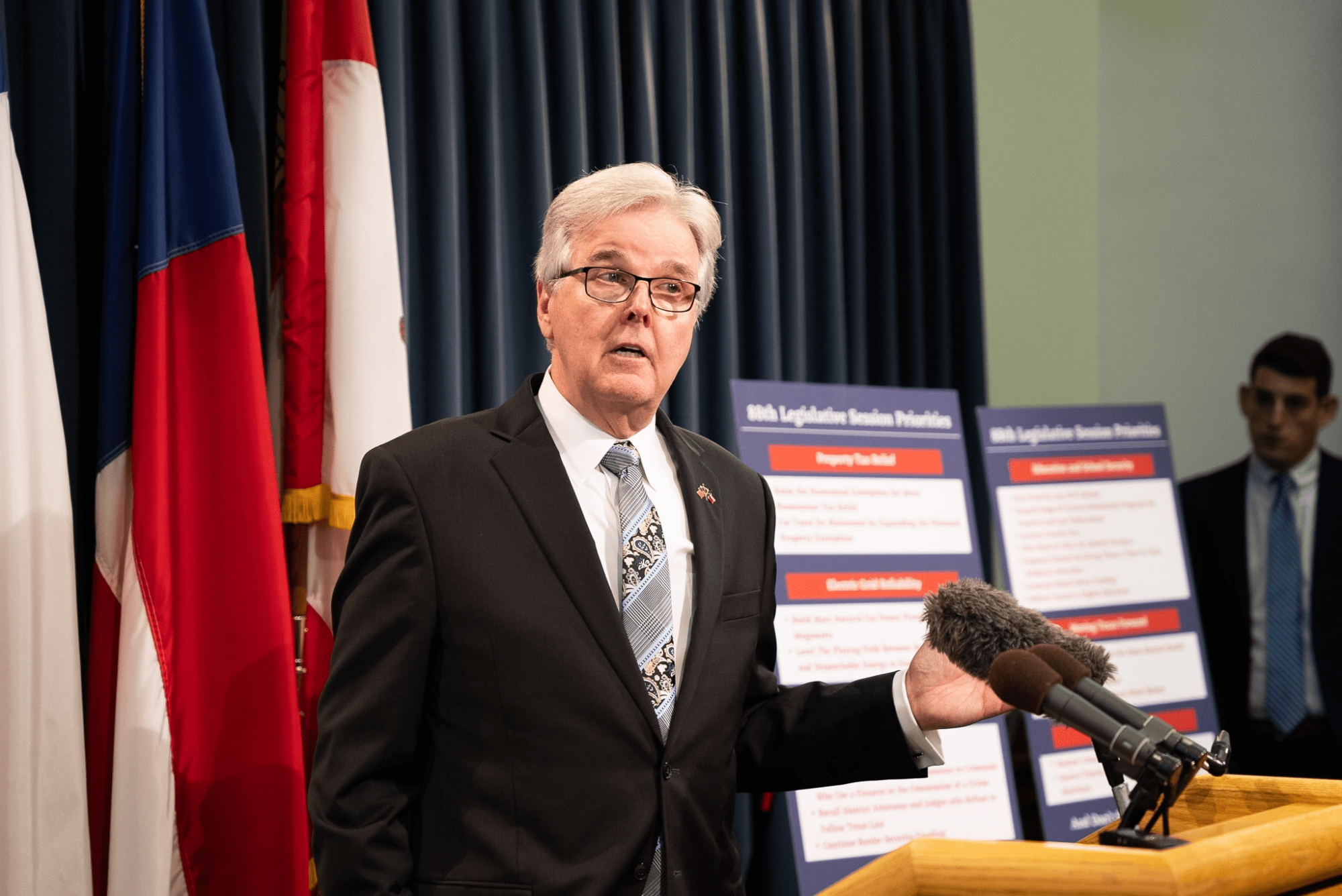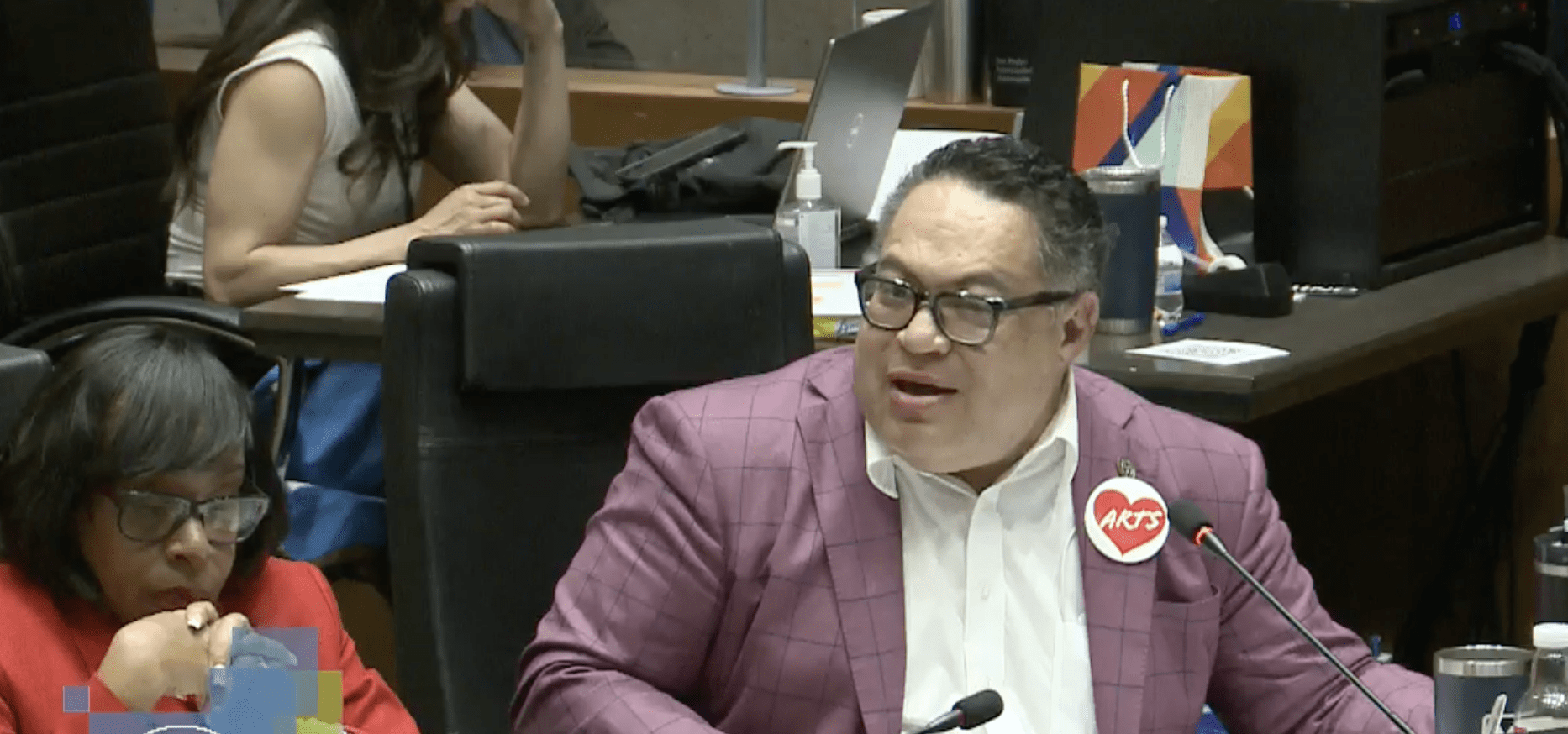Texas has led the nation in economic development thanks to tort reform, an entrepreneur-friendly regulatory environment, a tax burden generally lower than other states, and a prohibition against an income tax. So for lawmakers looking to save money, they could free up some quick cash by ending Texas’ mostly inefficient corporate welfare programs.
Texas’ primary hand-out programs are Chapter 313 property tax abatements, the Texas Enterprise Fund, the Emerging Technology Fund, the Texas Moving Image Industry Incentive Program, and the Major Events Fund.
When corporate giveaway programs are questioned, the inevitable push-back is that they are needed to entice businesses, since other states do it. Let’s be clear, Texas shells out less money for “economic development” than the other big states.
But are these programs really needed? Or is there a better way?
Giveaway programs—from cash payments to Chapter 313 abatements—all represent a subtle admission that government costs too much. As such, the emphasis should be on reducing those costs, not making government more expensive through new or expanded giveaways. (If we want to really attract business and manufacturing, then abolish the franchise tax and reform property taxes.)
It’s unclear just how much good they really do.
As Comptroller Susan Combs wrote in a 2010 report, “poorly designed incentives do not create long-term economic benefit, but merely transfer wealth from taxpayers to the incentive’s beneficiary … Only a small part of Texas’ annual economic growth can be directly attributed to incentives.”
Some argue that these giveaways are needed to create jobs. But at what cost? The Wall Street Journal noted that a study in Massachusetts found that for every dollar spent on subsidizing the film industry “raises a mere 16 cents in revenue. That’s a net taxpayer loss of 84 cents.” (As of 2010, 44 states—including Texas—offered subsidies to Hollywood.)
That report by the Comptroller found that Chapter 313 property tax abatement (repaid to local school districts from state coffers) costs taxpayers more than $303,000 per job created. Meanwhile, per-job cost of the “moving pictures” subsidy to Hollywood and the Enterprise Fund exceeded $12,000 and $7,500, respectively. Many of those “313” giveaways in recent years have gone to construction of so-called “windmill farms.”
According to the Comptroller’s report, less than 1 percent of all jobs created in Texas could be attributed to these programs.
Even then, it’s not abundantly clear whether those jobs would have come to Texas anyway, because of the favorable environment. These handouts were no doubt in some cases extra icing applied to an already purchased cake.
It should be noted that Comptroller Combs has been vacillating in her support of giving $25 million in taxpayer money from the Major Events Fund to Formula One (a private European business venture) after their first race outside Austin next month. Originally pitched as the only way to bring F1 back to the United States, the owner of the racing company recently started work on a government-subsidy-free racetrack in New Jersey.
Finally, there is the moral and political concern generated by the existence of these programs in the first place. No matter how well run they may be, such giveaways end up looking like slush funds favoring politically-connected fat cats. Very rarely does government make for a good venture capitalist (it’s not their money) or a fair business partner (it’s not their business). Such programs put government agents in the business of picking winners and losers.
True economic development results when government is kept under tight control, letting the free market be truly free. When looking to save money, eliminating corporate welfare should be an easy place for legislators to start.





